Book Size: 5.25" x 8"
Pages: 224
Format: Paperback
ISBN: 9781623719906
Imprint: Interlink Books
Edition: 1
Translator: Paula Haydar
Release date: Spring/Summer 2018
Categories: Books for Beirut, LiteraturePrinted in Beirut
$ 15“Douaihy illuminates Lebanon’s tumultuous recent history in brief but telling passages using the fates of Persephone, Farid, and Farid’s book as his compass. Bemused readers will be both enlightened and charmed.” — Publishers Weekly
About this book
A dazzling mystery set in the world of Lebanon's book publishing industry.
Farid Abou Cha'r arrives in Beirut on a hot summer morning with his manuscript, looking for a publisher. He is turned down by all of them - "nobody reads anymore," he is told. Instead, he accepts a job as a proofreader at the famous old print house "Karam Bros.," allegedly established in 1908. Disappointed by the menial tasks of checking catalogs and ad copy, Farid secretly hopes that his book will eventually be published. His manuscript never leaves his side until one day it disappears and then reemerges, beautifully printed. Farid soon realizes that the expensive paper it's printed on is the same that the company is using to manufacture fake twenty-euro bills, and that the person who printed the book is none other than his boss's wife. Entangled in a police investigation and an illicit flirtation, Farid discovers that the Karam Bros. print house is not what it seems. Douaihy dizzies the reader with an intricate play of appearances and deception, and as always, portrays Lebanese society with exquisite irony.
Brand: Jabbour DouaihyAbout the authors
Jabbour Douaihy was born in Zgharta, northern Lebanon, in 1949. He holds a PhD degree in Comparative Literature from the Sorbonne and worked as Professor of French Literature at the Lebanese University. To date, he has published eight award-winning works of fiction.
Paula Haydar is Assistant Professor of Arabic at the University of Arkansas. She holds a PhD degree in comparative literature and an M.F.A. degree in literary translation. She has translated numerous novels by contemporary Lebanese, Palestinian, and Jordanian authors. Her translation of Lebanese novelist Jabbour Douaihy's June Rain was selected as the highly commended runner-up of the 2014 Saif Ghobash Banipal Prize for Arabic Literary Translation and also made the Daily Star's list of Top Middle East Novels of 2014. Her translations of Lebanese authors also include three novels by Elias Khoury (Gates of the City, The Journey of Little Gandhi, and The Kingdom of Strangers) and three novels by Rashid al-Daif (This Side of Innocence , Learning English, and Who's Afraid of Meryl Streep?). She has also translated Palestinian writer Sahar Khalifeh's The End of Spring and Adania Shibli's Touch(Interlink), and Jordanian writer Jamal Naji's Season of Martyrdom. Her most recent translation is Jabbour Douaihy's The American Quarter (Interlink 2018).
Reviews
“Presented as a scathing comedy of many errors, this is a farcical exposé of literary gatekeepers, societal deceptions and hypocrisies, international corruption, and_unsurprisingly_the pitfalls of believing one’s own press.” — Booklist
“Printed in Beirut is a simply riveting and deftly crafted read from beginning to end and very highly recommended, for personal reading lists and community library collections.” — Midwest Book Review
“Aspiring author Farid Abu Shaar, the hero of this entertainingly jaundiced look at Beirut’s publishing and printing industry from Lebanese novelist Douaihy (American Quarter), undergoes a series of swift, comical, and brutal face-to-face rejections of his handwritten manuscript, The Book to Come, which is contained in a red notebook and about whose contents the reader learns nothing. At last he calls on Karam Brothers Press, whose owner, Abdallah Karam, also rejects The Book to Come but offers Farid a job as a copy editor, which he accepts. Abdallah’s beautiful and aloof wife, Persephone Melki, becomes fascinated by Farid and the notebook he always keeps with him. When Farid just once forgets his notebook, Persephone finds it and has a copy of it printed on expensive paper. That precious copy is left on Farid’s desk with no explanation, and Farid later determines that the paper is the same used to counterfeit €20 notes, and he’s swept into a police investigation. Douaihy illuminates Lebanon’s tumultuous recent history in brief but telling passages using the fates of Persephone, Farid, and Farid’s book as his compass. Bemused readers will be both enlightened and charmed.” — Publishers Weekly
About the Author
Paula Haydar is Assistant Professor of Arabic at the University of Arkansas. She holds a PhD degree in comparative literature and an M.F.A. degree in literary translation. She has translated numerous novels by contemporary Lebanese, Palestinian, and Jordanian authors. Her translation of Lebanese novelist Jabbour Douaihy’s June Rain was selected as the highly commended runner-up of the 2014 Saif Ghobash Banipal Prize for Arabic Literary Translation and also made the Daily Star‘s list of Top Middle East Novels of 2014. Her translations of Lebanese authors also include three novels by Elias Khoury (Gates of the City, The Journey of Little Gandhi, and The Kingdom of Strangers) and three novels by Rashid al-Daif (This Side of Innocence , Learning English, and Who’s Afraid of Meryl Streep?). She has also translated Palestinian writer Sahar Khalifeh’s The End of Spring and Adania Shibli’s Touch(Interlink), and Jordanian writer Jamal Naji’s Season of Martyrdom. Her most recent translation is Jabbour Douaihy’s The American Quarter (Interlink 2018).
You must be logged in to post a review.

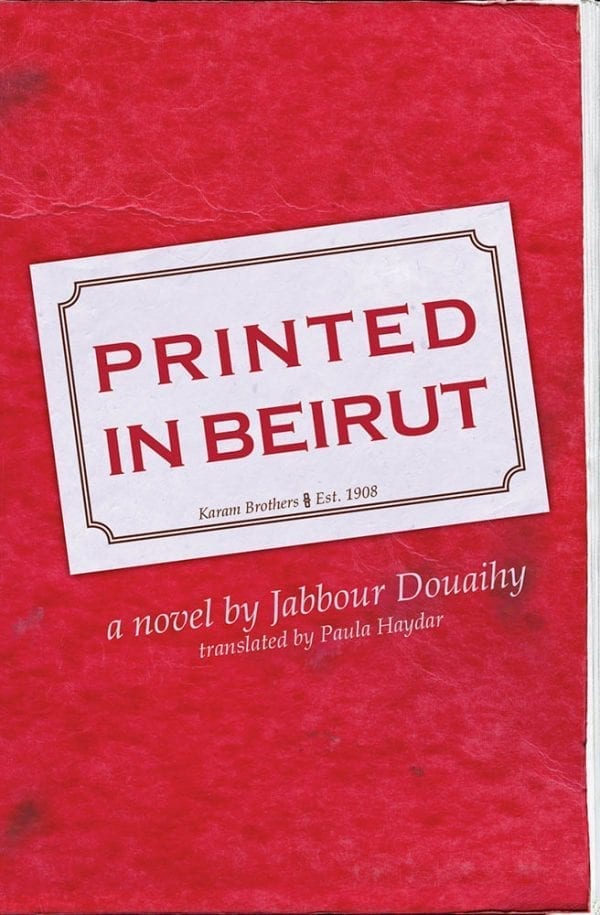
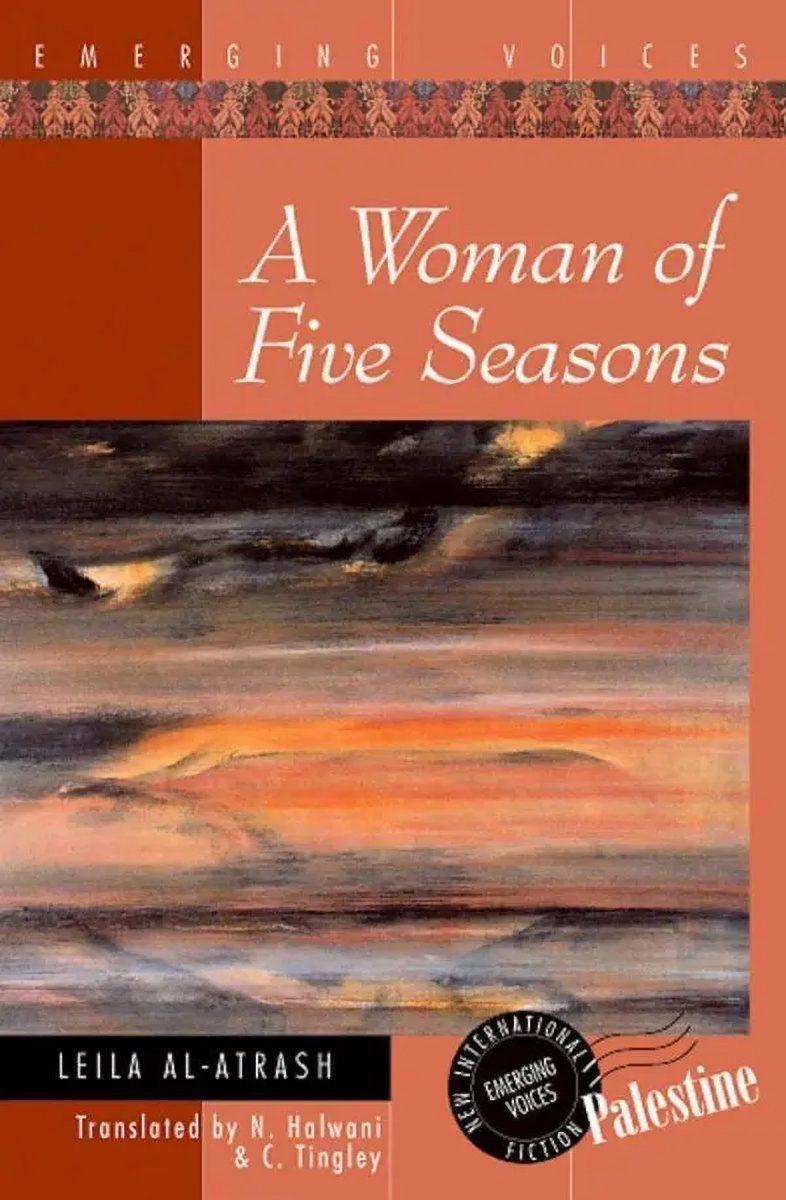


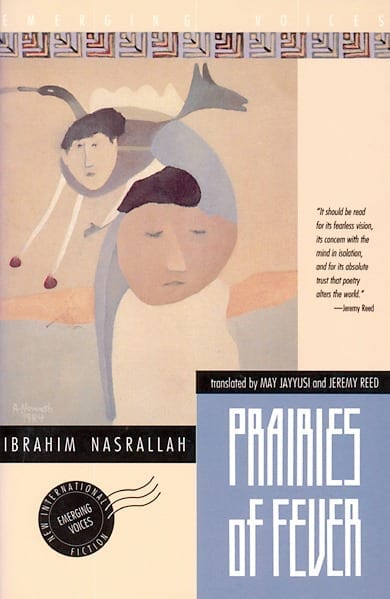
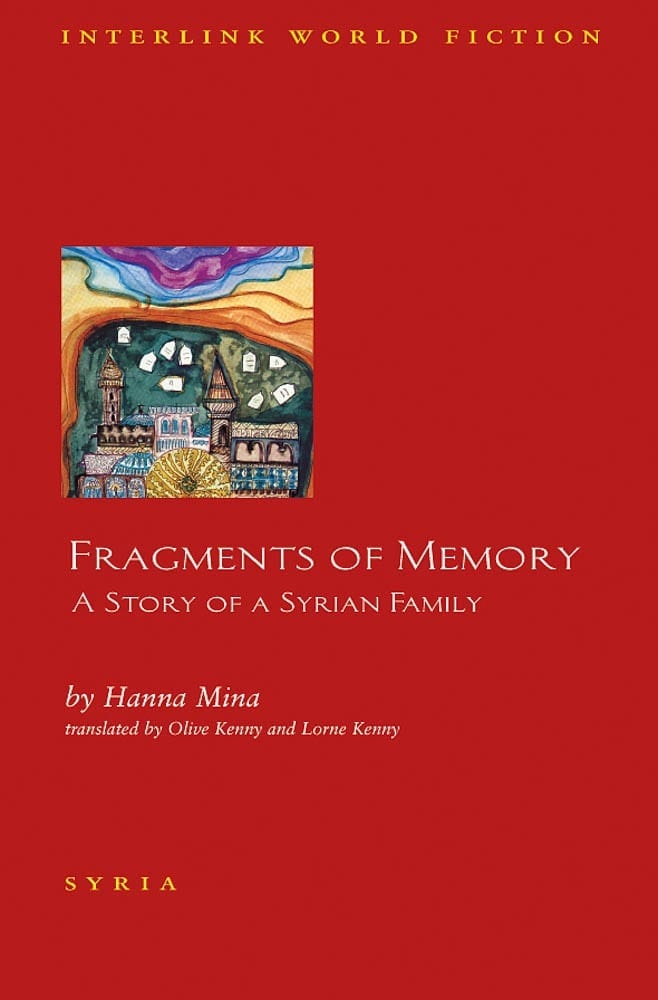
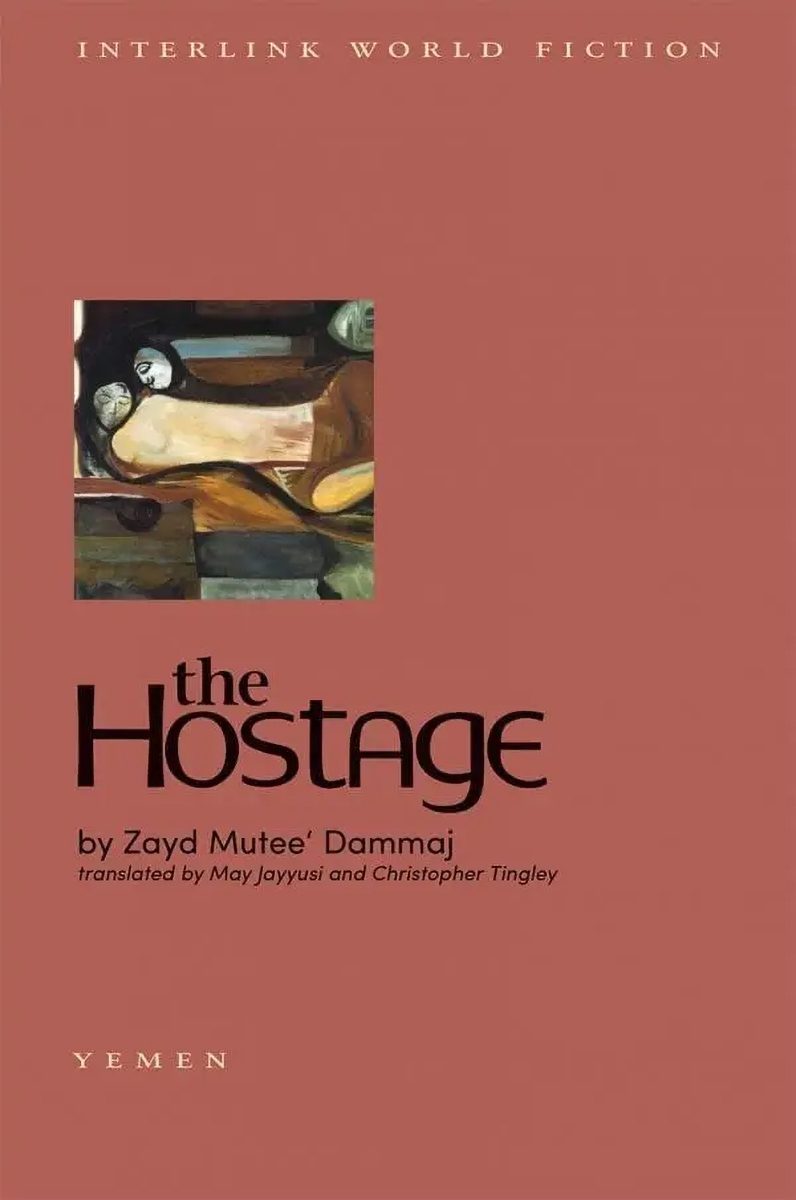
Reviews
There are no reviews yet.